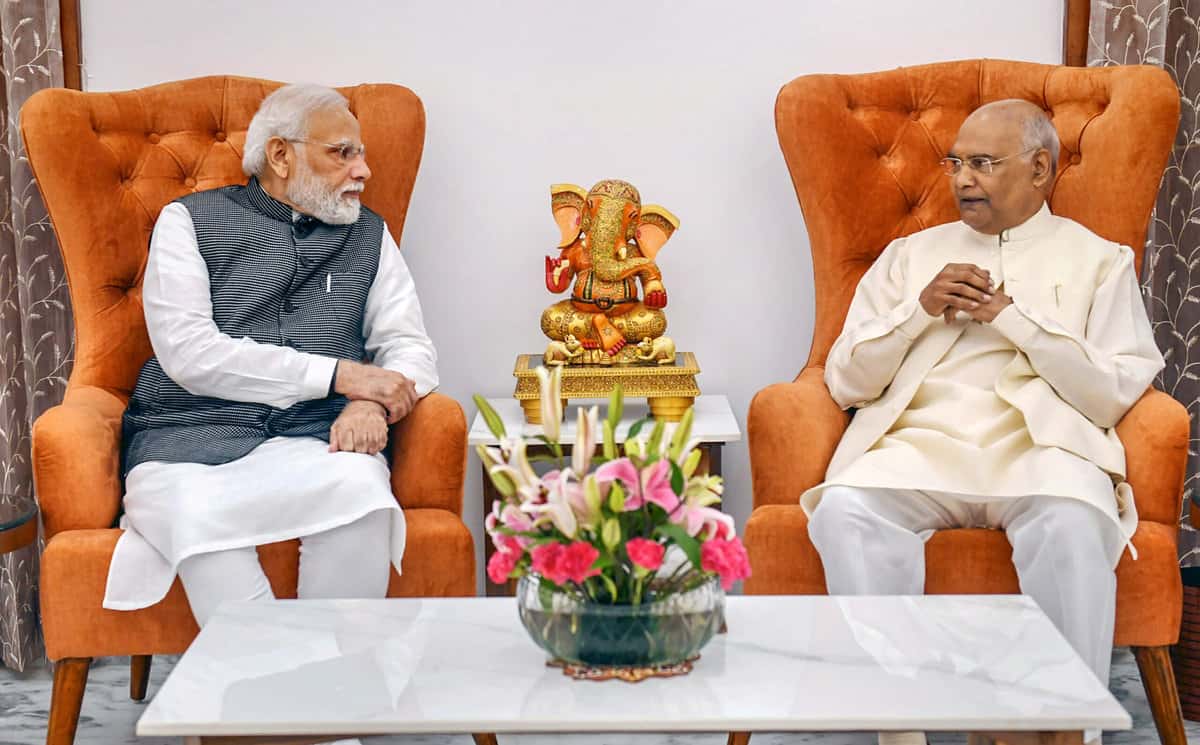
Union cabinet gave its nod to the contentious One Nation, One Election proposal in a recent meeting on Wednesday, September 18.
The Bill is likely to be introduced in the parliament in the upcoming winter session.
The proposal was under review of a panel led by former President Ram Nath Kovind.
‘One nation, one election’ was one of the key promises made by the BJP in its manifesto for the Lok Sabha elections.
A high-level panel headed by former president Ram Nath Kovind in March recommended simultaneous elections for the Lok Sabha and state assemblies as the first step, followed by synchronised local body polls within 100 days.
Separately, the Law Commission is likely to recommend holding simultaneous polls for all three tiers of government — Lok Sabha, state assemblies and local bodies such as municipalities and panchayats — starting with 2029 and a provision for a unity government in cases of a hung House or no-confidence motions.
The Kovind panel has not specified any period for rolling out simultaneous polls.
It has proposed the creation of an ‘implementation group’ to look into the execution of the panel’s recommendations.
The panel recommended as many as 18 constitutional amendments, most of which will not need ratification by the state assemblies.
However, these would require certain constitutional amendment bills that would need to be passed by Parliament.
‘One nation, one election’ was one of the key promises made by the BJP in its manifesto for the Lok Sabha elections.
Kharge slams One Nation, One Election
Congress president Mallikarjun Kharge on Wednesday said ‘one nation, one election’ was not practical and alleged that the BJP comes up with such things to divert attention from real issues when elections approach.
His remarks came after the report of the high-level committee on ‘one nation, one election’ was placed before the Union Cabinet on Wednesday.
Asked about the issue, Kharge said at a press conference here, “It is not practical. It will not work. When elections come, and they are not getting any issues to raise, then they divert attention from real issues.”
The Congress, the TMC and the CPI had earlier too rejected the idea, saying it was not pragmatic.



